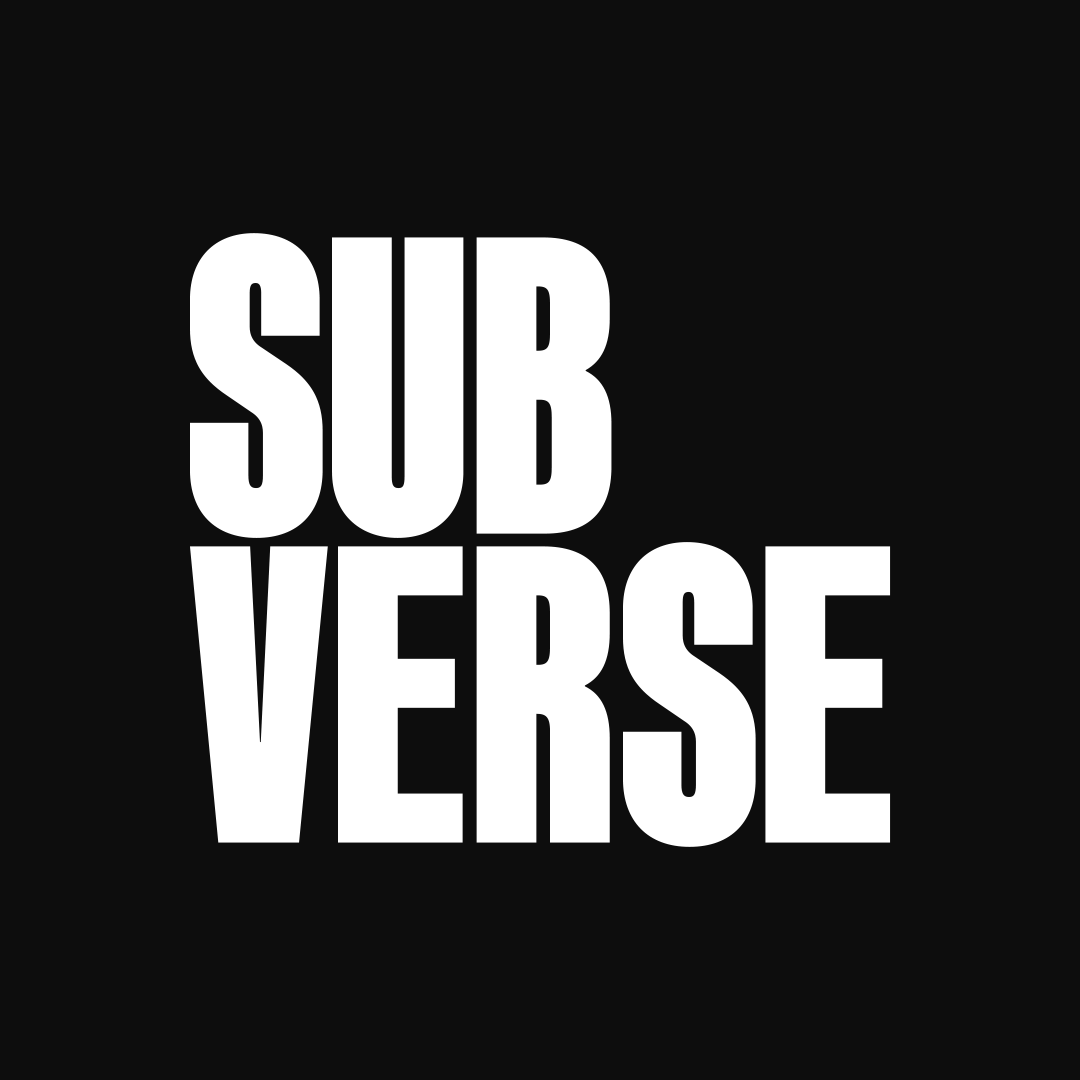The Nature of Disorder
Entropy is one of the most reliable laws of the universe: systems tend toward disorder. We see it in physics, in biology, and in the smallest corners of daily life. Think about cords in a drawer. Leave them alone for a week, and they’ll almost certainly come out tangled. This isn’t bad luck; it’s probability. There are exponentially more ways for cords to overlap, twist, and knot than there are for them to remain neatly coiled. Disorder is the natural state because disorder has more possibilities. Order, by contrast, is fragile — it requires constant shaping to preserve.
Life Is Not Self-Organizing
It’s tempting to imagine that peace or happiness works differently, that if we simply “let go,” life will organize itself into harmony. Much modern wisdom emphasizes surrender: release your grip, stop trying to control, and peace will come. There’s truth here — clinging to what is beyond our power breeds only anxiety and resentment. No one can hold back time, prevent every misfortune, or smooth out every rough edge of existence. To recognize our limits is to begin to live with less friction.
But there’s a danger in taking this too far. People often underestimate the influence they do have. Just as cords won’t untangle themselves, happiness and peace don’t sustain themselves in neglect. Left entirely to chance, life drifts toward complication, confusion, and dissatisfaction. Letting go of what we cannot control is wise, but abandoning what we can influence is passive resignation.
The Discipline of Discernment
The challenge, then, is discernment — learning to see clearly what lies within our reach and what does not. Entropy ensures that disorder will always press in, but within that field of disorder there are knots we can loosen, spaces we can keep clear. This doesn’t require micromanagement or perfectionism. It requires attention, intention, and a willingness to act where it matters most.
Peace is not found in total surrender, nor in relentless control. It emerges in the balance: knowing when to accept a knot and when to untangle, when to let life unfold and when to organize it with care. Happiness is cultivated in this tension, in the ongoing work of resisting drift without exhausting ourselves in futile battles.
Choosing What to Untangle
The cords will always want to tangle. The world will always lean toward disorder. But every day we have choices about where to apply influence — how we spend our time, the relationships we nurture, the boundaries we hold, the values we align with. These are the knots that can be loosened with attention. The rest can be released.
To live well is not to imagine that life will organize itself, nor to fight every thread into place. It is to accept the tendency toward disorder while refusing to surrender to it entirely. Happiness, like a coiled cord, is sustained not by chance, but by the ongoing, discerning work of keeping what matters most untangled.

